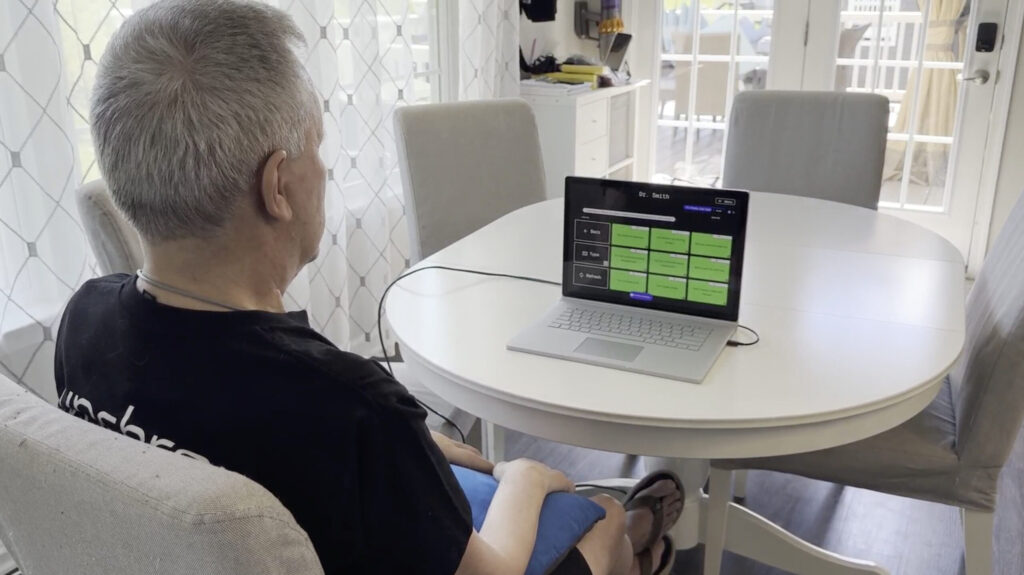
What You Should Know:
– Synchron, a leading innovator in brain-computer interface (BCI) technology, has announced a groundbreaking integration of generative AI into its BCI platform.
– The integration, powered by OpenAI, empowers individuals with severe paralysis to interact with the digital world through thought-controlled texting, offering a new level of communication and independence.
Unlocking Communication with Thought
The novel BCI chat feature leverages OpenAI’s advanced generative AI system to offer intuitive and user-friendly communication. Key features include:
- Automated Texting Prompts: The system suggests contextual prompts for texting and chatting, categorized by the user’s emotions. This intelligent assistance simplifies communication and reduces the cognitive burden for users.
- Natural Conversational Flow: OpenAI’s multimodal GPT technology allows for natural and real-time interactions. This is crucial for individuals with neurological disorders who may struggle to generate complex responses that adapt to their environment.
- Efficiency and Speed: The BCI platform facilitates faster response times and texting at natural conversational speeds, enhancing the overall user experience.
Patient-Centric Innovation
Synchron prioritizes patient needs in its development efforts. This integration of generative AI reflects their commitment to pushing the boundaries of neurotechnology and improving the lives of those with paralysis. It’s important to note that Synchron prioritizes user privacy and does not share BCI user’s brain data with OpenAI.
Beyond Texting: Expanding BCI Capabilities
This advancement paves the way for further integration of AI into the BCI platform. Synchron will continuously evaluate state-of-the-art large language models (LLMs) to best serve the evolving needs of BCI users.
Synchron’s Mission: Empowering Millions
Synchron’s BCI technology utilizes a minimally-invasive endovascular procedure to implant the device near the brain’s motor cortex. This allows for the detection and transmission of motor signals, enabling users to control devices with hands-free point-and-click functionality. The integration of generative AI further enhances this technology, empowering millions of people with upper limb impairment to connect with the world on a deeper level.
“Our users have lost the ability to make choices due to neurological disorders. Generative AI can offer predictions that are contextual to your environment, and the BCI enables individual choices to be made,” said Tom Oxley, CEO & Founder, Synchron. “BCIs preserve and extend a fundamental human right: the freedom of expression. We take our autonomy for granted, until it is gone. This is a pivotal moment at the convergence of powerful technologies that can restore lives.”

